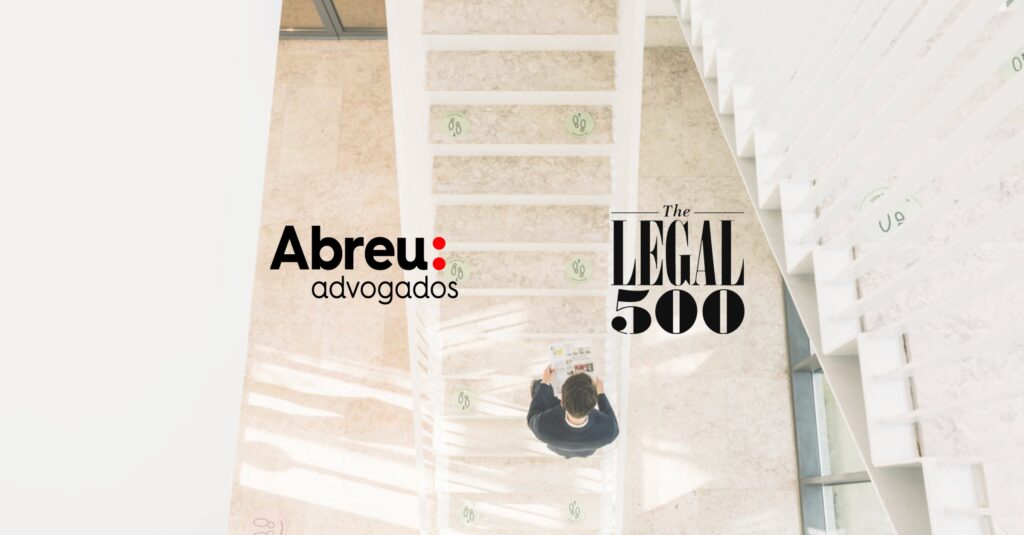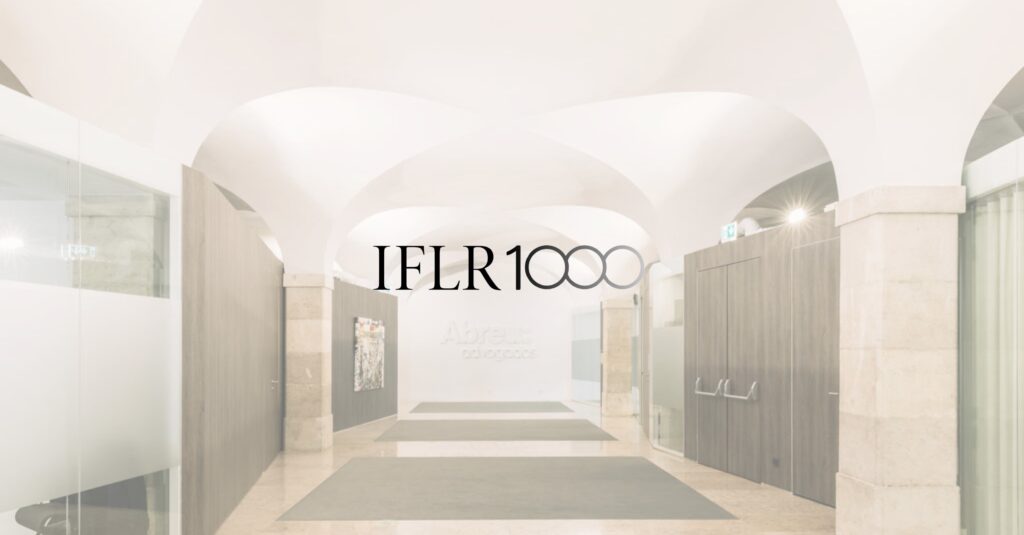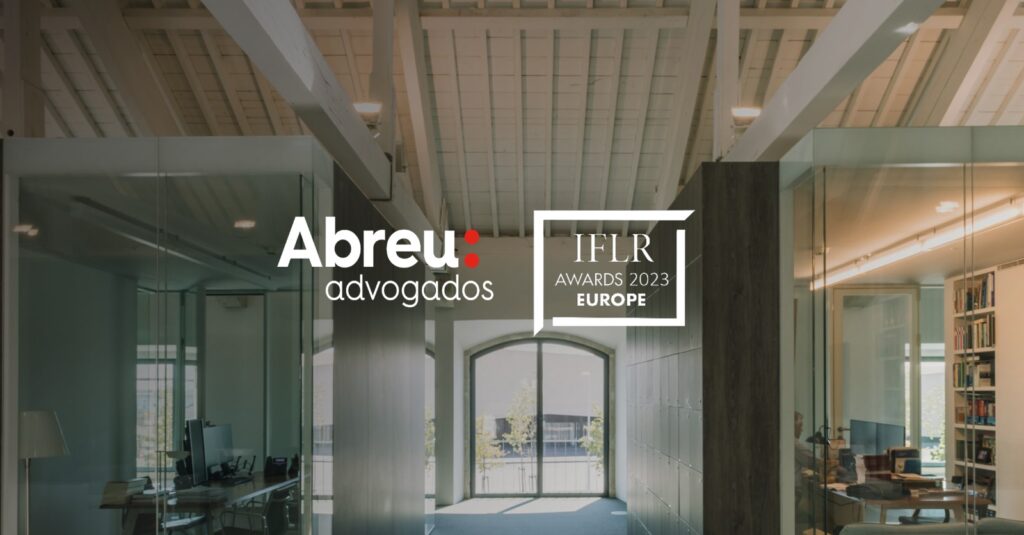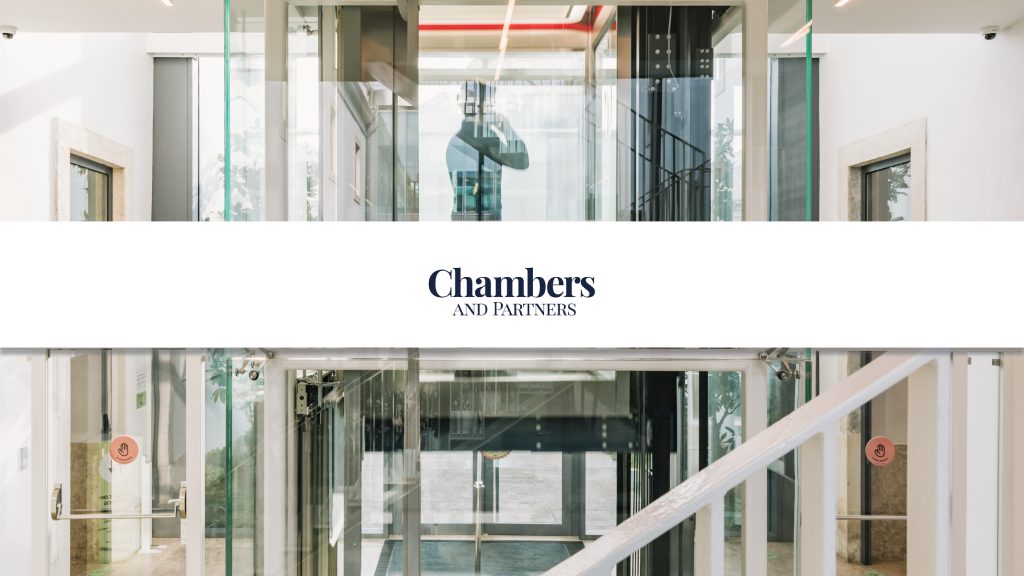04.05.2023
Practice Areas: Finance
Industries: Private Clients & Family Businesses, Investment Funds, Private Equity & Venture Capital, Banking & Financial Services
Type: Articles
The New Asset Management Regime
The Asset Management Regime was approved by Decree-Law no. 27/2023, of April 28 (“AMR“).
Portugal now has a domestic unitary and coherent regime for the various types of collective investment undertakings in existence, revoking the previously existing legislation (the Legal Regime of Venture Capital, Social Entrepreneurship and Social Investment – “RVCSESI” – and the General Regime of Collective Undertakings – “GRCU“).
The AMR enters into force on 29 May 2023, except for the cases provided for in the transitional regime as described below.
1. Management Companies
The categories of Management Companies (“MC“) are reduced to the following:
– Management Companies of Collective Investment Undertakings- “MCCIU“; and,
– Venture Capital Companies – “VCC“.
Thus, the two types of MCs now in force will have the following scope of activity:
(i) MCCIU:
They may exercise, alternatively or cumulatively:
a) The management of Undertakings for Collective Investment in Transferable Securities (“UCITS“);
b) The management of Alternative Investment Funds (“AIF“), except for Venture Capital Funds (“VC AIF”) on an exclusive basis;
c) Investment activities and services, varying according to whether the activity carried out relates to the management of UCITS or AIU.
(ii) VCC:
a) the activity of management of AIU, provided that at least one qualifies as a venture capital AIU and that most are not Real Estate AIFs;
In each type of MC, the AMR provides for two categories: large scale and small scale management companies.
Each MC will, additionally, be qualified according to whether the assets under management exceed (large scale) or not (small scale) (i) EUR 100,000,000 and include assets acquired through the use of leverage or (ii) EUR 500,000,000 and do not include assets acquired through the use of leverage and for which there are no redemption rights exercisable for a period of 5 years from the date of the initial investment.
Large scale VCC may also carry out the investment activities and services which MCCIU are qualified to carry out in relation to the activity of management of AIFs, while the applicable regime will vary according to the qualification of the MC as a large or small scale.
We highlight the following differences under the applicable regimes:
(i) Simplified authorisation procedure, applicable only to the activity of AIF management by small scale MCs, with a 30-day decision period by the Portuguese Securities Market Commission (“CMVM“) (versus the 3-month decision period applicable to large scale MCs);
(ii) A reduced number of supporting elements required for the application for authorisation of small MCs;
(iii) Minimum initial capital requirement of € 75,000, with the mandatory increase of own funds of 0.02% in relation to the amount of the global net value of the portfolios under management exceeding € 250,000,000 . With reference to the current small management companies (VCC and MCCIU), the amount of the initial capital is reduced from € 125,000 to € 75,000;
(iv) Waiver of the need to appoint a depositary for AIFs targeted exclusively at professional investors when managed by a small management company; and
(v) The possibility of providing cross-border services in the European Union under the freedom to provide services or the right of establishment, exclusive to large scale MCs.
2. Collective Investment Undertakings:
The entry into force of the AMR also introduced changes in the types of Collective Investment Undertakings (“CIU”), particularly at the level of AIU.
Under this new regime, the previously existing types of CIU (UCITS and AIU) are maintained, and a residual category of AIU is created. This new residual category covers those AIU whose object is “the investment in transferable securities or in other financial or non-financial assets, including assets permitted for the types of AIU referred to in the preceding subparagraphs”, replacing the current AIU in transferable securities, investment undertakings in non-financial assets and social entrepreneurship funds.
The issuance of bonds by AIU is now expressly foreseen – irrespectively of its corporate or contractual form – by reference to the regime set forth in the Companies Code, with the adaptations set forth in the AMR, namely with the limits expressly provided for indebtedness.
As regards AIU, surgical changes were introduced in order to foster its competitiveness and attractiveness.
In addition to the residual category of AIU referred above, we also highlight the following AIUs:
(i) Real estate AIU:
The catalogue of assets that may be invested in by this type of AIU is now extended to include assets such as investment in rural properties and the development of projects relating to the construction and rehabilitation of real estate for rental, exploitation or resale purposes).
(ii) Venture capital AIU:
a) Obligation to provide for the holding period of investments in the respective instruments of incorporation in cases where this period is equal to or exceeds 12 years;
b) Requirement to invest at least 10% of shares issued by each of the entities in which it holds securities admitted to trading on a regulated market;
c) Absence of the stipulation that previously imposed maximum limits of investment in securities admitted to trading.
(iii) Credit AIU:
a) The possibility for small MCs to manage Credit AIU;
b) The application of certain aspects of the bank credit regime to the credit granting activity by these AIU; and
c) The participation of Credit AIU in central credit liability register managed by the Bank of Portugal.
2.1 Marketing, Pre-Marketing and Tied Agents
As far as the pre-marketing of CIUs is concerned, the admission of tied agents should be noted, in line with what is already foreseen in other European legal systems.
MCs are now permitted to contract with financial intermediaries registered with the CMVM for the exercise of placement activities with or without commitment or for the reception and transmission of orders on behalf of third parties so that, through them, they may carry out pre-trading activities.
Pre-marketing activities may only be exercised by MCs in relation to their AIU management activity, and may only be directed at professional investors. The tied agents of MCs are subject to the regime set out in the Portuguese Securities Code, mutatis mutandis.
In relation to the marketing of CIUs, the following changes are also to be highlighted:
a) Modifications to the passporting regime, namely regarding subsequent changes to the information submitted by the management company for the exercise of its activity in another Member State under the freedom to provide services or the establishment of a branch;
b) Repeal of the rules on the regime for promotional communications in the UCITS Directive, with this regime now set out in Regulation (EU) 2019/1156 of 20 June 2019;
c) Provision of the means that European Union management companies must have at their disposal in the context of the cross-border marketing of CIUs to retail investors in Portugal, making it clear that a physical presence is not required;
d) Addendum of information to the content of the notification letter for the purposes of cross-border marketing of CIUs;
e) Adjustment of the regime applicable to changes made to the elements communicated at the time of the notification for cross-border marketing;
f) Provision for a harmonized procedure for the cessation of cross-border marketing; and
g) Introduction of the regime for cross-border pre-marketing of AIFs to professional investors.
3. Tax
The income obtained by CIU and Venture Capital AIFs benefit from a special taxation regime, as foreseen in the Tax Benefits Statute (“TBS“), as well as the income related to the respective investment units paid or placed at the disposal of the respective holders.
However, a new figure emerges with the new regime – Credit AIFs – which, as they are new, are not expressly provided for in the TBS typology, but as they are AIFs, they should be included therein.
The doubt that arises is whether this new figure should be framed within the tax regime foreseen for Venture Capital AIU or if it should be framed as a subtype of Securities Investment AIFs. The doubt is pertinent and relevant insofar as the classification in one or the other regime may or may not result in an exclusion of relevant taxation in terms of CIT.
This is because if it is classified as a Securities Investment AIF a capital gain obtained with the disposal of a portfolio of credits will be subject to CIT, but if it is classified in the regime of Venture Capital AIFs this capital gain will already be exempt. In effect, while Venture Capital AIFs benefit from a total exemption from CIT on the income they generate, Securities Investment AIFs only benefit from this exemption in certain categories of income, which do not include said capital gains.
It remains to be seen what the position of the Portuguese tax authorities on this matter will be and whether it will issue any clarification to bring some legal certainty.
Summary of main changes:
1. Management Companies:
a) Requalification of the types of MC, with the national legal system now providing for only two types of Management Companies: the MCCIU, and the VCC, eliminating the figures of the Social Entrepreneurship Companies (“SEC”) and the Venture Capital Management Companies (“RCFMC”);
b) The creation of Large scale and Small scale Management Companies, cross-cutting categories for the two types of management company now existing in Portugal;
c) Creation of a simplified authorization procedure, applicable to small scale management companies, with regard to the activity of management of AIU (permitted for both MCCIU and VCC);
d) Simplification and agility of the authorization procedure for the incorporation and commencement of activity of MCs;
e) Exclusion of Regional Development Companies from the possibility of managing Venture Capital AIU.
2. Collective Investment Undertakings:
a) The types of CIUs foreseen in the Portuguese legal system are maintained: Undertakings for Collective Investment in Transferable Securities and Alternative Investment Undertakings;
b) Regarding AIFs, the following are now foreseen: i) real estate AIFs; ii) venture capital AIFs; iii) credit AIFs; iv) the creation of a new residual type of AIU, replacing the current AIFs in securities, investment undertakings in non-financial assets and social entrepreneurship AIFs;
c) The possibility for AIFs to issue Bonds, which is now expressly foreseen;
d) Introduction of the figure of the tied agent, a novelty in our legal system, making it possible in the marketing phase of CIUs to appoint this agent to act on behalf of the management company;
e) Development of the regime applicable to Credit AIFs, now providing for the regime applicable to the granting loans by Credit AIFs;
f) Removal of the legal category of venture capital investor;
g) Introduction of the regime applicable to cross-border pre-marketing of AIFs to professional investors.
3. The transitional regime provides for the following exceptions to the general date of entry in to force:
a) A period of 180 days for MCs and CIUs to adapt to the provisions of the AMR;
b) Maintenance in force of the PSMC regulations adopted under the RVCSESI and the GRCU, insofar as they are compatible with the AMR, and until they are replaced, revoked or expressly amended;
c) Application of the procedures provided for in the AMR in relation to requests for authorization or registration to commence business which are pending on the date on which the AMR comes into force, the applicable procedures being converted into those provided for in the AMR, with the new decision deadlines to begin to run again;
d) Extinction of procedures pending at the date of entry into force of the AMR relating to facts that were previously subject to authorization and registration and are now subject to mere communication of the facts;
e) Maintenance of the deadlines provided for in the previous regimes with respect to communications subject to PSMC opposition in which the opposition deadlines are still in progress on the date this diploma comes into force;
f) Automatic subjection to the regime of small scale management companies or self-managed AIFs authorised on the date on which this diploma comes into force and which comply with the requirements established in the AMR relating to small-sized management companies, there being, however, the possibility that, by means of a mere communication to the PSMC, these MCs or self-managed AIFs may express their intention to be qualified as large scale management companies;
g) One-year period for real estate asset management AIFs (created under Decree-Law 316/93 of 21 September) to adapt to AMR;
h) One-year period for the extinction of securities investment funds by employees of companies in the process of reprivatisation and of venture capital syndication funds, without prejudice to the possibility of their conversion into CIUs governed by the AMR.
Conclusion:
The legislator’s effort to achieve the objectives pursued with this profound remodeling of the legislative landscape applicable to management of collective investment undertakings is clear: the reinforcement of the competitiveness and attractiveness of the national market, the coherence and proportionality of the regulation, the preference for ex post rather than ex ante supervision and the simplification of the applicable regulation.
Goldplating is eliminated and the alignment of national legislation to the European legislative framework is visible, following the trends and practices of markets in other Member States.
It is expected that the effects of this new regime will contribute in a positive way to increase the attractiveness, dynamism and growth of this important sector.
How can we help?
The Financial Law team at Abreu Advogados has a team that is especially dedicated and prepared to assist management companies, CIUs, investors and other participants in the planning and execution of all the necessary actions to comply with these new rules that will be implemented in our market.






















































